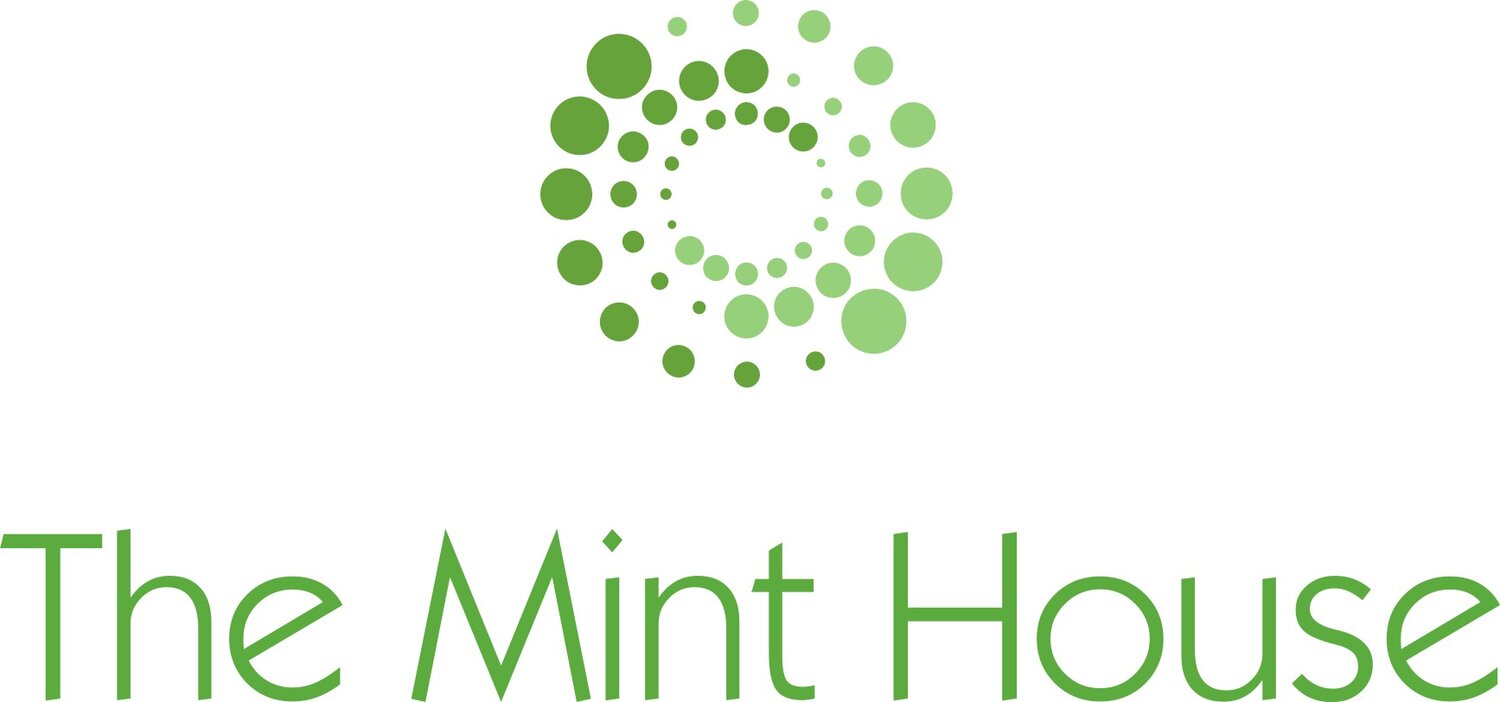Restorative Parenting
Restorative principles can be used in family life as parents build and repair relationships with their children, help their children to develop emotional awareness, and navigate conflict between siblings or other family members.
If you’re interested in exploring this further, we produced a limited-run Restorative Parenting Podcast. Find out more:
Restorative practice in work with children and families
Research Summary
Restorative practice is gaining ground in work with children and families. Research in this area is in short supply, but two studies offer helpful insights with others in the offing.
Published in 2017, the evaluation of Leeds Family Valued looks at the impacts, experience – and to a lesser extent cost benefits – of an ambitious DfE backed programme introduced in Leeds in March 2015.[1] Billed as a systems-change initiative, the programme aimed to spread restorative practice across the children, families and communities workforce through large scale introductory and in-depth training; a significant scaling up of Family Group Conferences (FGCs); and newly commissioned services to address gaps in provision and act on the outcomes of FGCs.
16 months in, the evaluators found statistically significant reductions in the number of looked after children, the rate of looked after children per 10,000 population, the number of Child Protection Plans and number of Children in Need. Other outcomes (including school attendance and length of time before leaving care) showed a trend in the desired direction while not (yet) statistically significant.
A narrowly focused cost-benefit analysis estimated savings from the FGC work at £755 per family, adding that ‘If intended outcomes are achieved and sustained, these savings will increase significantly’.
Survey data and qualitative research highlighted a feeling among social workers that ‘Leeds was a good place to be a social worker.’ Children, young people and families were also described as having positive, and improved, perceptions of social work and children’s services.
The evaluators acknowledge the study’s limitations including its short timescale and limited comparison data. They note, too, that Leeds wasn’t a blank canvas. Restorative principles were ‘already well known and widely supported’ while training was ‘within an existing trajectory towards deeply embedded restorative practice across children’s services’ shaped by strong local leadership. We’ll learn more about how typical Leeds is from a follow-up pilot evaluation in Darlington (originally due to report in 2020) and randomised control trial spanning 5 local authorities scheduled for completion late in 2025.[2]
A contrasting study combined a focus group and social worker observation to examine the use made of restorative approaches in family support and whether this promotes consistent delivery of whole-family, strengths and relationship-based service services.[3] The author finds that consistent use of the values intrinsic to restorative practice ‘forms a good base for relationship-based practice.’ The restorative questions and process provided a helpful practice framework underpinning whole-family, strengths and relationship-based practice into which wider change methods such as motivational interviewing, solution-focused therapy and social modelling could be incorporated. Families also welcomed the approach.
